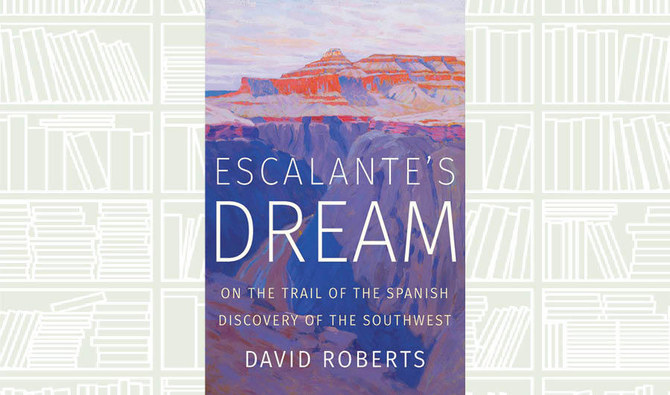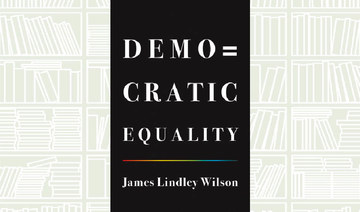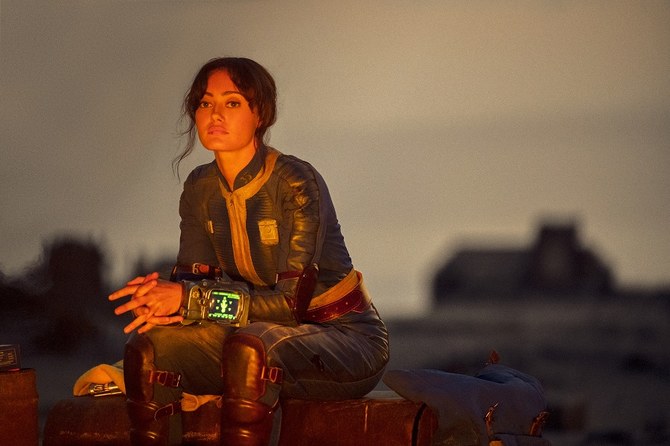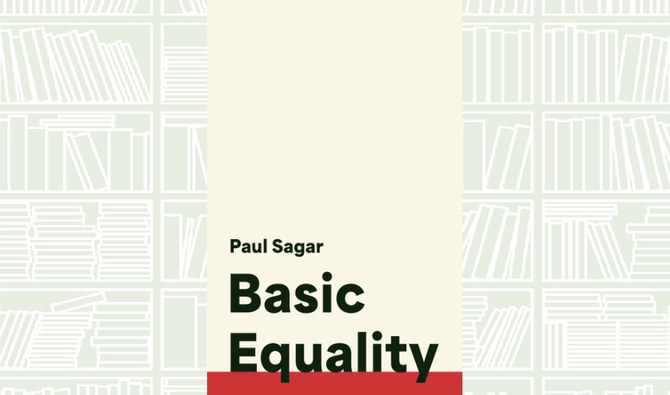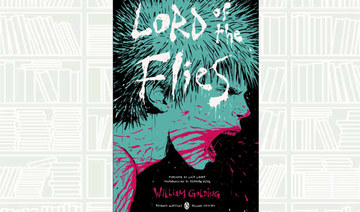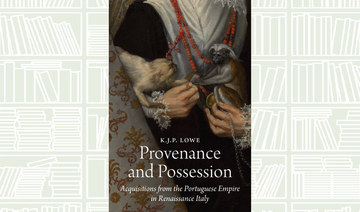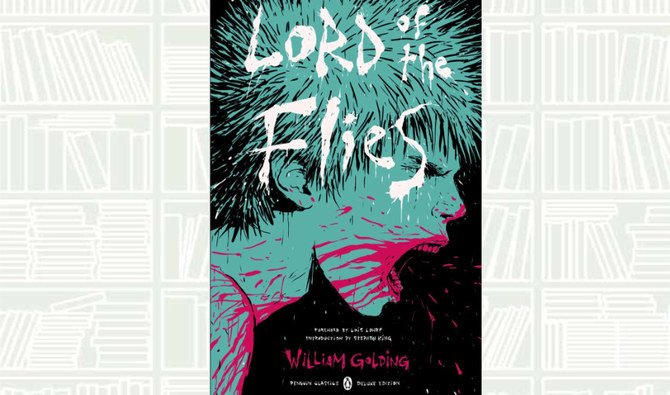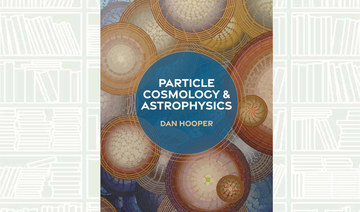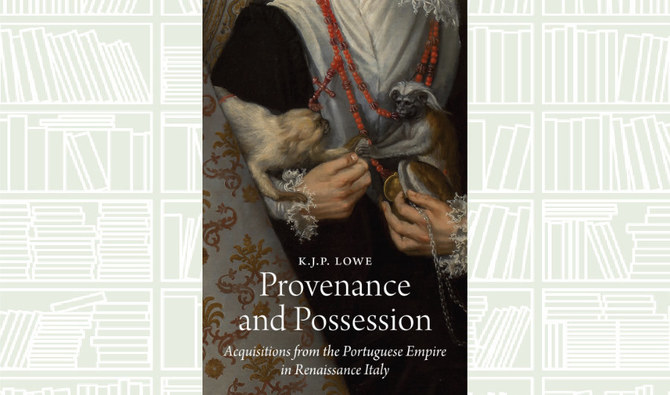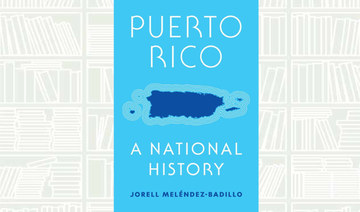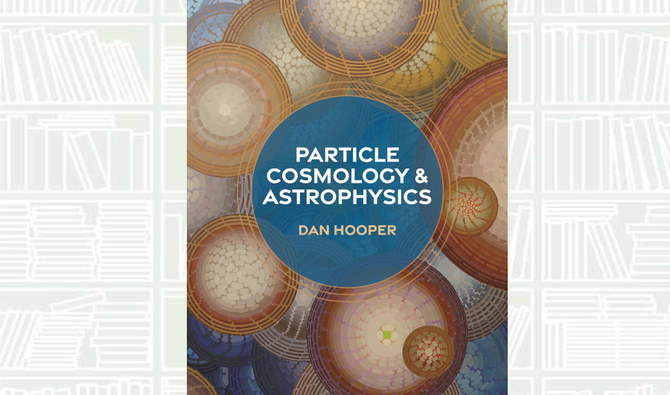Author: David Roberts
Famed adventure writer David Roberts re-creates the extraordinary 1,700-mile journey of the 18th-century Domínguez-Escalante scouting expedition.
In this adventure-history, Roberts travels the Spaniards’ forgotten route, using Escalante’s first-person report as his guide. Blending personal and historical narrative, he relives the glories, catastrophes, and courage of this desperate journey.
“The places that the Spaniards went were sometimes incredibly inaccessible. Some still are to this day, which is as it should be. There should be places left where people don’t go, that keep their secrets,” said a review in goodreads.com.
In a review for The New York Times, critic Philip Connors said Roberts “knows his Southwestern history, and he knows how to craft an artful sentence. The one thing he doesn’t appear to know is just how cranky he sounds when people he meets along the way don’t share his Escalante enthusiasm, including the woman running a visitor center in Jensen.”
Roberts is the award-winning author of 29 books about mountaineering, exploration, and anthropology.
His most recent publication, Alone on the Wall, was written with world-class rock climber Alex Honnold.



